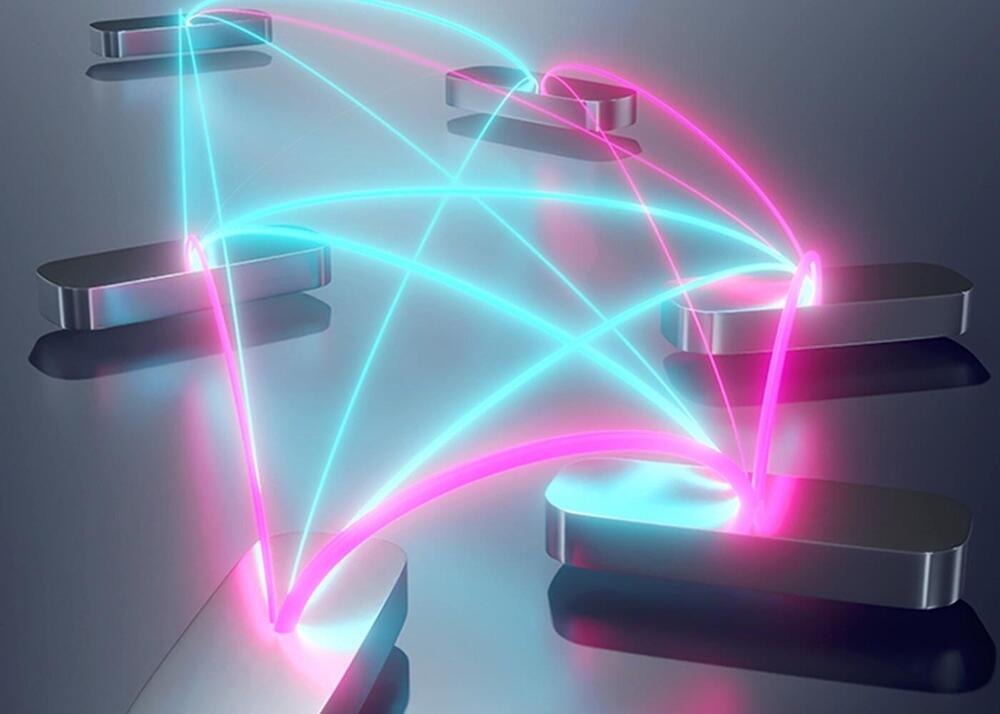New research artificially creating a rare form of matter known as spin glass could spark a new paradigm in artificial intelligence by allowing algorithms to be directly printed as physical hardware. The unusual properties of spin glass enable a form of AI that can recognize objects from partial images much like the brain does and show promise for low-power computing, among other intriguing capabilities.
“Our work accomplished the first experimental realization of an artificial spin glass consisting of nanomagnets arranged to replicate a neural network,” said Michael Saccone, a post-doctoral researcher in theoretical physics at Los Alamos National Laboratory and lead author of the new paper in Nature Physics. “Our paper lays the groundwork we need to use these physical systems practically.”
Spin glasses are a way to think about material structure mathematically. Being free, for the first time, to tweak the interaction within these systems using electron-beam lithography makes it possible to represent a variety of computing problems in spin-glass networks, Saccone said.










Comments are closed.